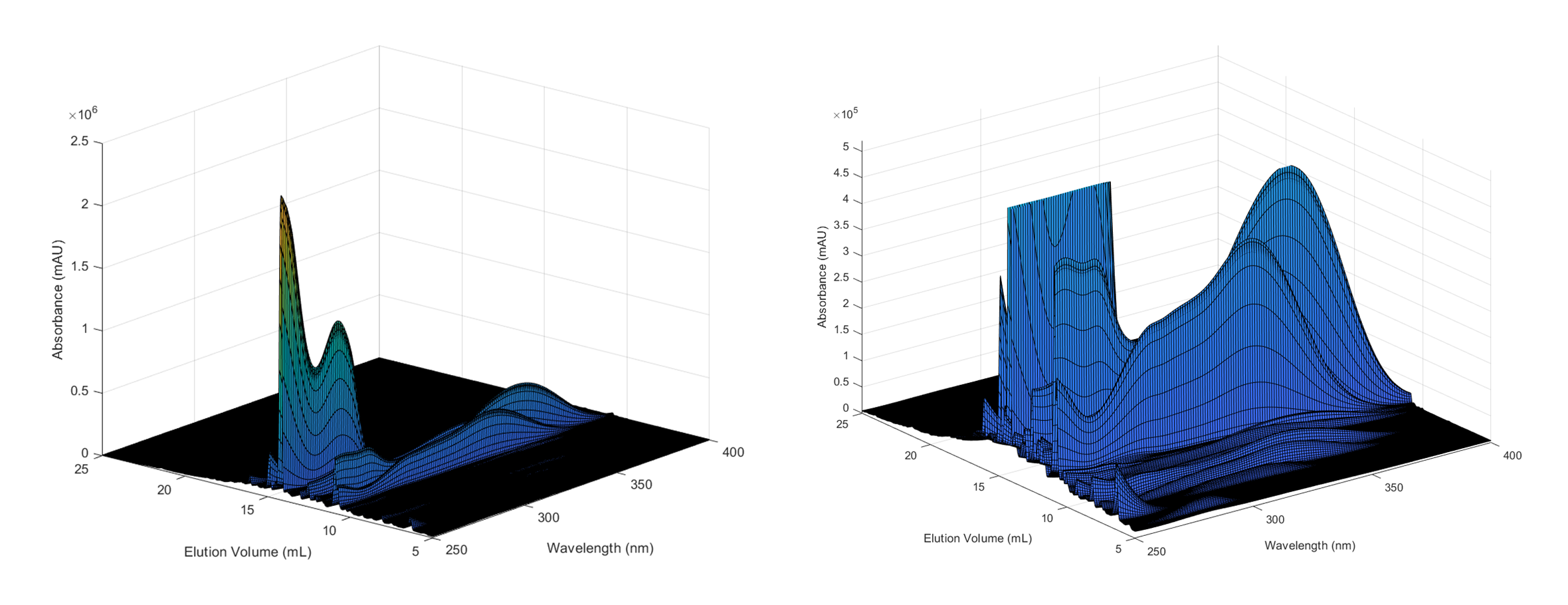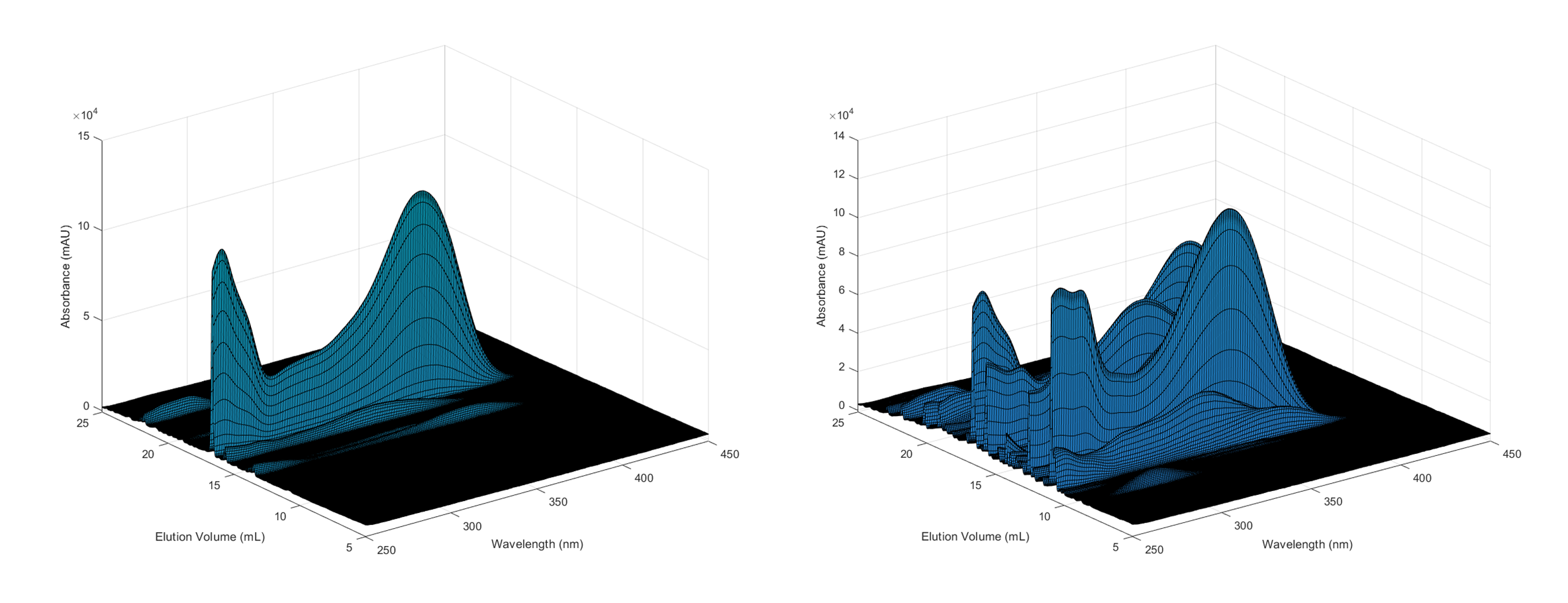IPB group has developed different Molecularly Imprinted Polymers (MIPs) to aid with the production of tailor made bioproducts from diverse olive leaf extracts. The IPB work comprise the design, synthesis, characterization and testing of MIPs to target secoiridoids, triterpenic acids, flavonoids and lignans. The developed MIP particles were tested with the processing of different kinds of olive leaf extracts, including samples obtained with supercritical CO2. The isolation technologies based on the use of imprinted polymers as adsorbents demonstrated to be useful with the fractionation of olive leaf extracts. Production of rich fractions in oleuropein, flavonoids (e.g. luteolin related), oleanolic, ursolic and maslinic acids as well as uvaol and erythrodiol was demonstrated to be possible from complex olive leaf extracts containing these compounds.

HPLC-DAD analysis of a typical olive leaf extract showing the presence of oleuropein, flavonoids and verbascoside (left). Magnified view showing the presence of many other minority compounds (right).

HPLC-DAD analysis of a MIP produced fraction showing a huge enrichment of a flavonoid that was minority in the original extract (left). A similar analysis for another MIP processed fraction showing the enrichment of luteolin-related flavonoids.

HPLC-DAD analysis of a triterpenoid rich extract (center), a MIP processed fraction enriched with triterpenic acids such as oleanolic and maslinic acids (left) and another MIP processed fraction enriched with uvaol and erythrodiol (right).
Next stages of IPB work include the scale-up of the MIPs production and the assembly, control and optimization of a MIP technology – based process prototype to show the feasibility of the industrialization of these isolation principles.









